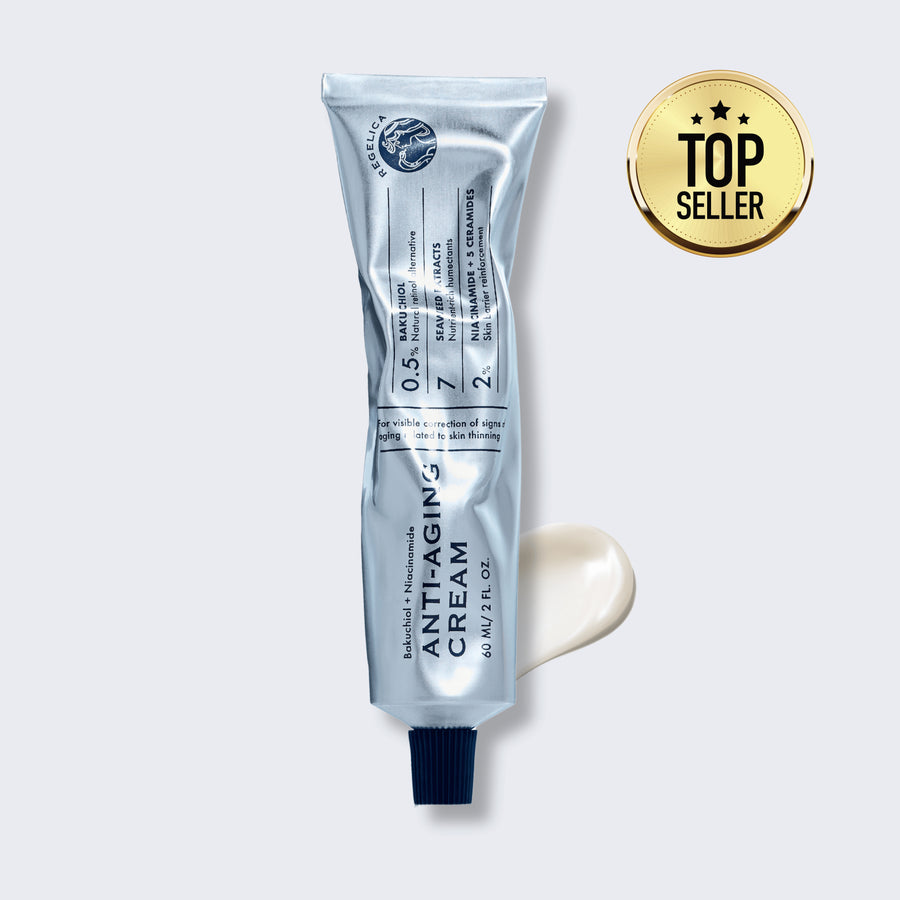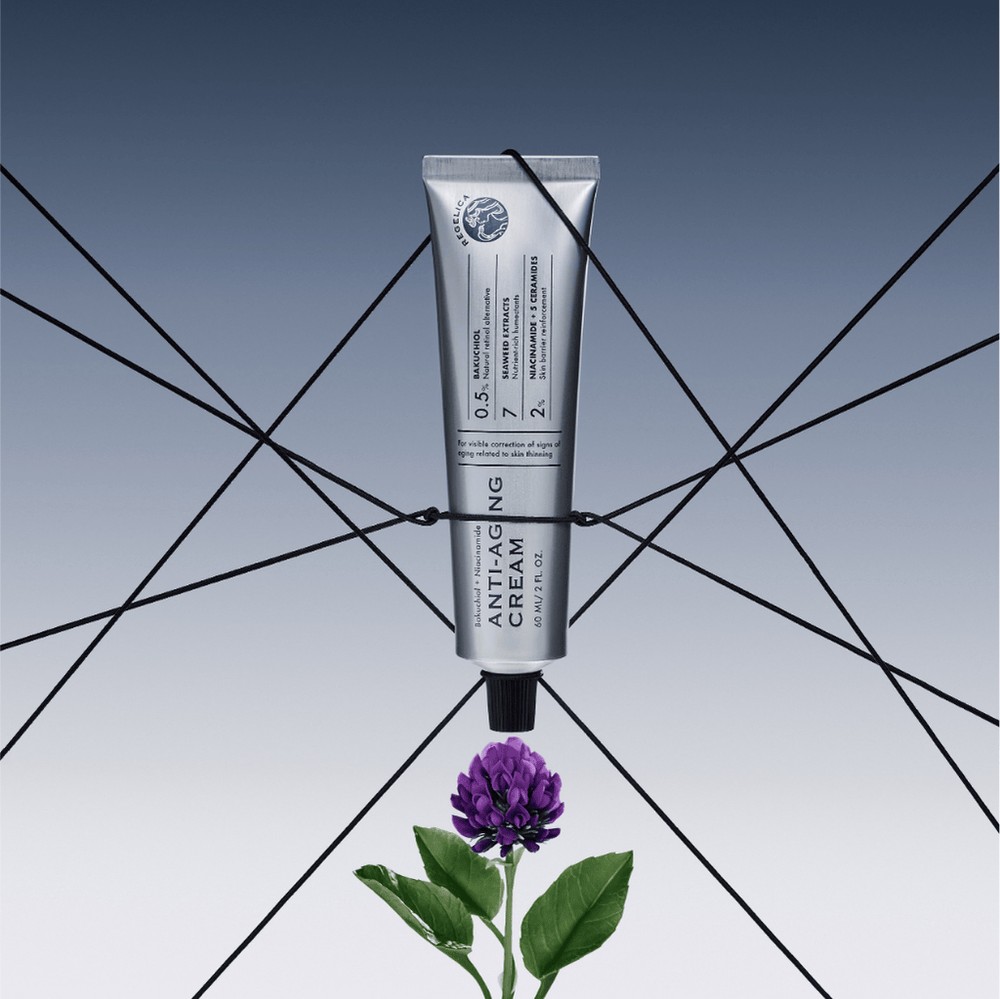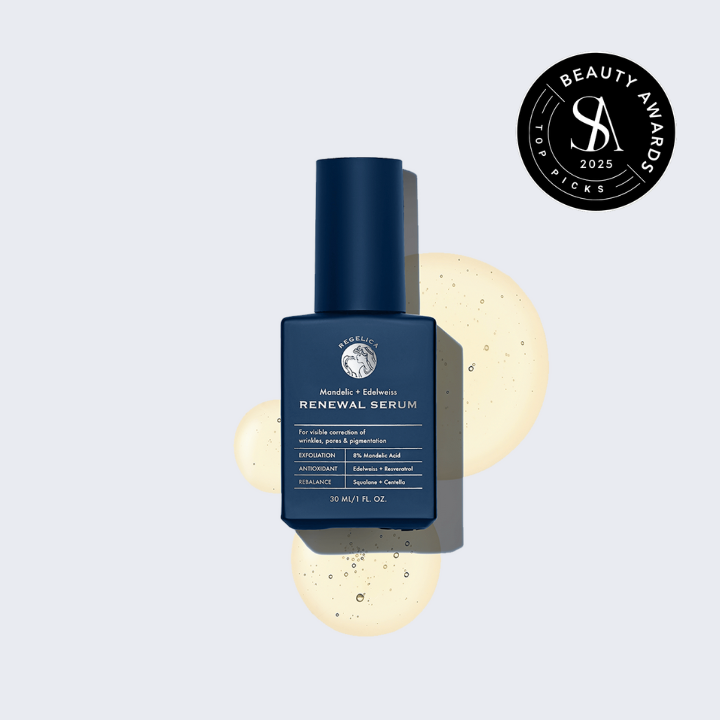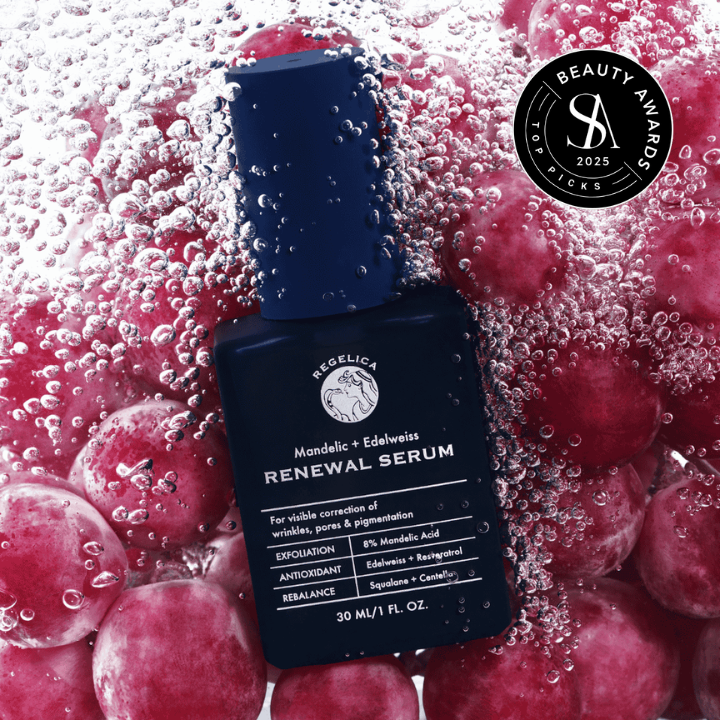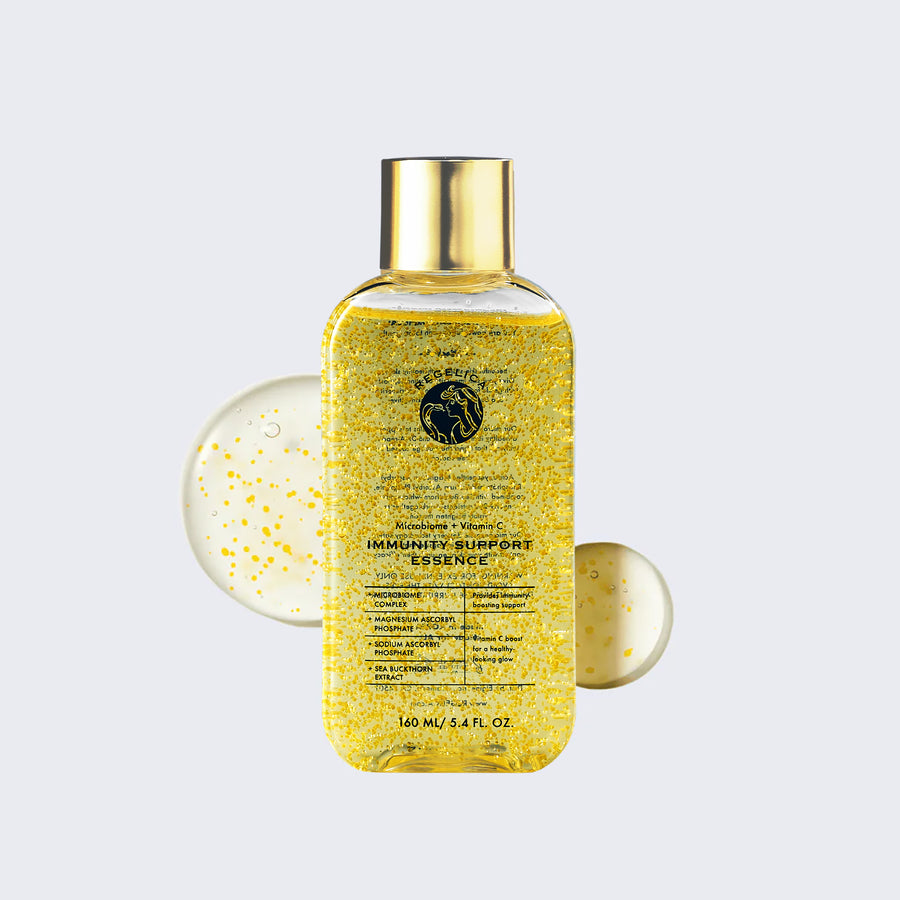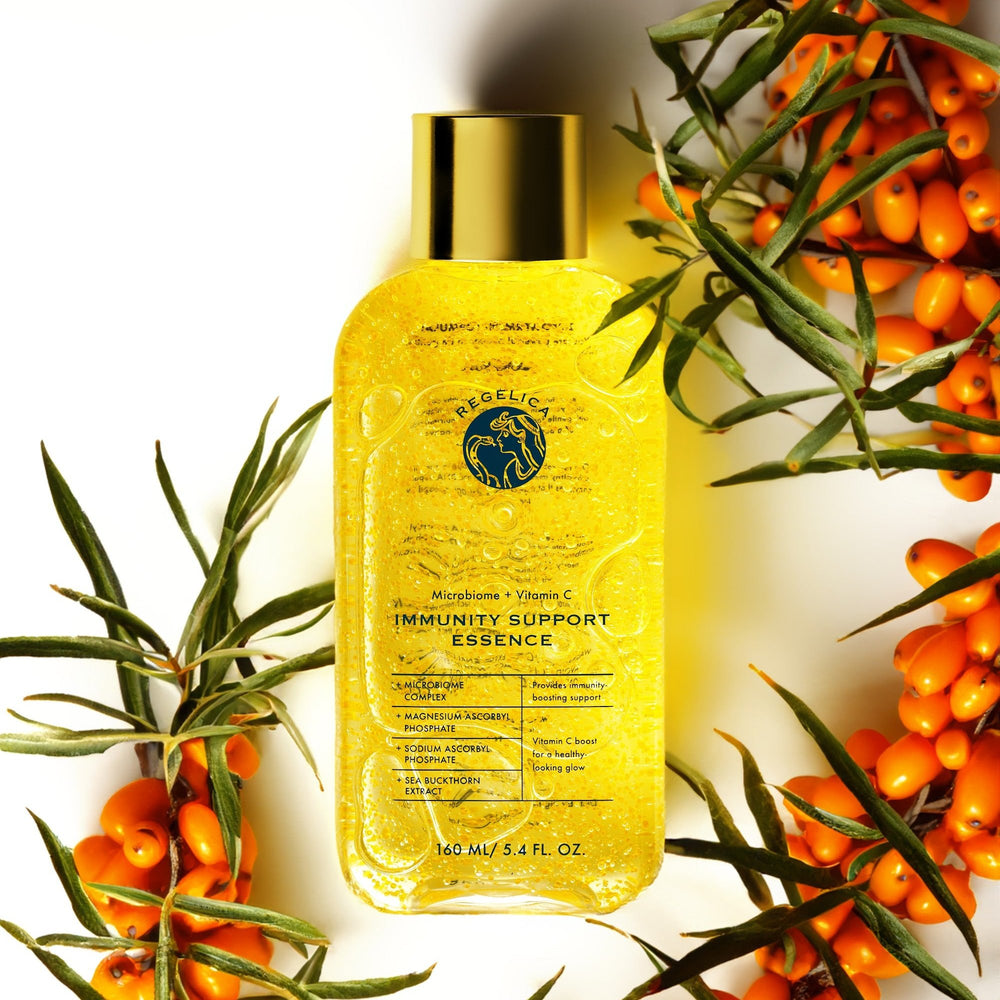Why Asians look younger?
Why don’t Asian women age?
I was often told that I look younger than my age. So it got me wondering: does Asian skin really age more slowly than other skin morphologies?
Per Chanho Park, skincare chemist, “Asians have a thicker dermis. That’s why their skin doesn’t form fine lines or tear as easily.” This is one of the reasons why Asians age slower.
Still, people in Korea are obsessed with skincare, and thus, the innovations in the beauty industry are far ahead of the United States and Europe.
What can we learn from Asian women aging that can help other skin morphologies age more slowly?
Although scientists haven’t yet found a solution to impact skin genetics, there are some helpful tips that could minimize skin thinning over time and visibly improve signs of aging.
You need to understand your skin structure to prevent skin thinning.
Our skin consists of three layers: the top layer (epidermis) that acts as our skin barrier, the mid-layer (dermis) that contains collagen and elastin, and a layer of fat and tissue underneath it all (hypodermis).

Understanding the differences in Asian skin structure helps explain why Asians age slower and maintain a youthful appearance longer. Several key factors contribute to this:
-
Higher Collagen Levels – Asians naturally have more collagen, which keeps skin firm and elastic. Since collagen decreases by about 1% per year after 30 and drops nearly 30% in the first year of menopause, the effects of aging are less drastic in menopause skin for Asians.
-
Increased Melanin Production – More melanin provides natural protection against the sun, reducing UV damage and slowing down photoaging. However, this also makes Asian skin more prone to hyperpigmentation, which is why many are religious about SPF application to prevent dark spots and uneven skin tone.
-
Higher Oil Production – More sebum production helps maintain hydration and a stronger skin barrier, preventing dryness and keeping skin supple.
These biological advantages explain why Asians look younger and why Asians do not age as quickly, contributing to their reputation for smooth, firm, and radiant skin well into later years.
How to Prevent Skin Thinning and Maintain a Youthful Appearance
Understanding why Asians age slower provides valuable insights for anyone looking to maintain firmer, more resilient skin—especially those with thinner skin types. While Asian skin benefits from higher collagen levels, increased melanin protection, and greater oil production, people with thinner skin can adopt similar strategies to slow aging and strengthen their skin barrier:
-
Boost and Protect Collagen
-
Asians naturally have a higher baseline of collagen, making age-related collagen loss less drastic. For those with thinner skin, proactively supporting collagen is key
-
Retinoids helps stimulate collagen production, but it can sometimes cause irritation and compromise the skin barrier.
-
A gentler alternative is bakuchiol, which promotes collagen synthesis and cell turnover without irritation—just ensure it’s used at an effective 0.5-2% concentration.
-
-
Reinforce the Skin Barrier
-
Asian skin is naturally more resilient due to a stronger barrier structure and higher oil production. If your skin lacks these advantages, barrier reinforcement becomes even more important.
-
The skin barrier acts as the first line of defense against pollution, allergens, and environmental damage. It plays a significant role in skin immune system.
-
It is made up of a lipid matrix consisting of cholesterol, fatty acids, and ceramides.
-
Using skincare products that mimic these components helps restore and maintain barrier integrity, especially after exfoliating or collagen-stimulating treatments.
-
-
Hydrate and Lock in Moisture
-
Asians benefit from higher oil production, which helps maintain hydration naturally. If your skin produces less oil, hydration needs to be manually reinforced.
-
Transepidermal water loss can weaken the skin barrier, leading to dehydration and premature aging.
-
Humectants like hyaluronic acid, marine extracts, and glycerin draw moisture into the skin.
-
Without occlusive ingredients like jojoba oil, squalene, or shea butter, hydration can quickly evaporate—especially in dry climates.
-
-
Protect Against External Damage
-
Asians naturally produce more melanin, which offers some UV protection, but they are still diligent about SPF due to hyperpigmentation risks.
-
If you have thinner skin with less natural UV protection, daily sunscreen use is essential to prevent photoaging.
-
Other external factors that contribute to skin thinning include:
-
Smoking and pollution, which accelerate oxidative stress.
-
High sugar intake, which triggers advanced glycation end products (AGEs), leading to inflammation and collagen breakdown.
-
Chronic stress, which increases cortisol levels and weakens the skin.
-
Certain medications like corticosteroids, blood thinners, and anti-inflammatory drugs.
-
-
Even if you don’t naturally have the same built-in skin advantages as Asians, applying these principles—collagen support, barrier reinforcement, deep hydration, and sun protection—can help slow aging and preserve a youthful, healthy complexion over time.
Which products to use for thin skin
You can rarely find products that help reinforce the skin barrier and lock moisture while simultaneously boosting collagen.
Since Asian people have a thicker dermis, most Asian skincare products focus on maintaining healthy skin through hydration, soothing and reinforcing the skin barrier.

By contrast, many U.S. and EU products try to mitigate decreased collagen production with potent active ingredients that often cause peeling and irritation, damaging the protective layer of the skin.
At Regelica, we were inspired by Asian skin morphology and Korean technology to bring innovative solutions for all. This is our raison d’être.
Our products help visibly improve skin density without compromising your skin barrier.
For instance, our Bakuchiol + Niacinamide Anti-Aging Cream is packed with potent but gentle active ingredients that help to synergistically address multiple concerns related to skin thinning:
- 0.5% Bakuchiol -> Natural retinol alternative
- 7 seaweed extracts -> Nutrient-rich humectants
- 2% Niacinamide + 5 ceramides -> Skin moisture barrier




